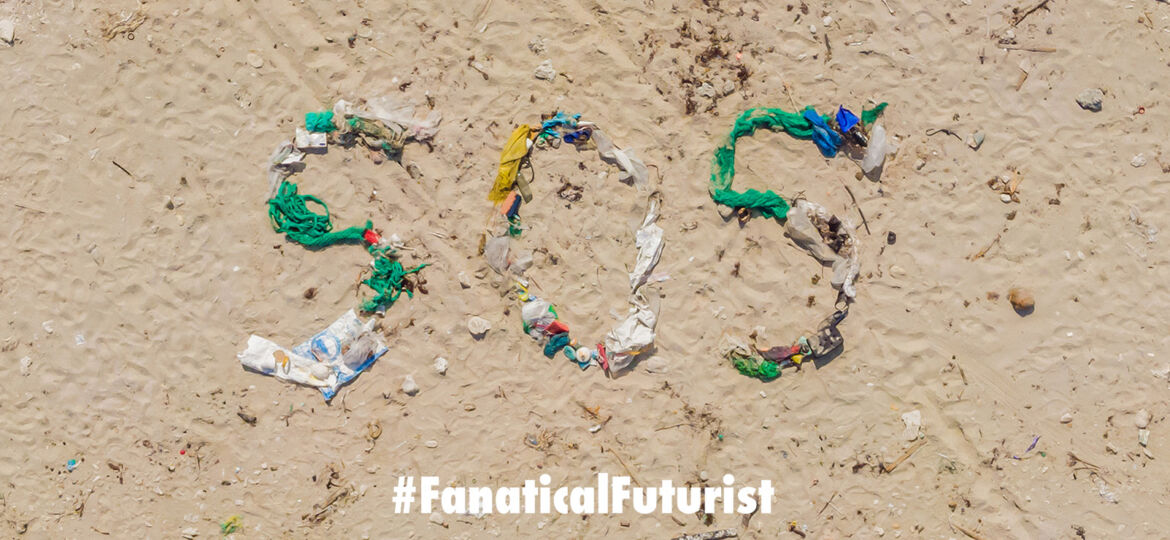
WHY THIS MATTERS IN BRIEF
There are plenty of people who disrespect our beaches and environment by leaving tons of trash everywhere – now the robots are on a clean up mission.
 Love the Exponential Future? Join our XPotential Community, future proof yourself with courses from XPotential University, connect, watch a keynote, or browse my blog.
Love the Exponential Future? Join our XPotential Community, future proof yourself with courses from XPotential University, connect, watch a keynote, or browse my blog.
Despite the efforts of good hearted folks that sweep beaches for trash others have left behind, such is the magnitude of our plastic pollution problem that it can be hard to collect it all – particularly the smaller debris. So now the BeBot, a new robot that’s been specifically designed to tackle this problem, is getting to work mechanically sifting through sand to gather up waste while leaving behind a minimal footprint on the environment.
The BeBot was developed by marine infrastructure manufacturer Poralu Marine and 4ocean as a way of cleaning up coastlines with minimal disruption to these precious ecosystems. While manual human sifters can certainly pick up meaningful amounts of trash, as anyone who’s done it knows, it’s can be back breaking work. Tractors and other heavy-duty machinery, on the other hand, can cover more ground, but can destroy fauna and flora or cause erosion of the landscape. And this is where BeBot comes into play.
BeachBot – on a mission
Designed to take a more tactful approach the electric robot runs on a combination of solar and battery power and is remotely controlled by a human operator up to 300 m (984 ft) away. It digs up to 10 cm (4 in) into the sand and mechanically sifts the grains through a mesh screen to gather pieces of plastic and other debris as small as a centimeter squared, such as cigarette butts, food wrappers and bottle caps.
The robot can apparently clean up to 3,000 sq m ( 32,000 sq ft) of beach per hour, give or take depending on the topography, and features an agile track system that enables it to turn on the spot, allowing it to function in tight areas. Its creators imagine it finding use in everything from hotels, to beachfront properties, to nature reserves and even golf courses. But for now at least it’s being tested on the beaches of Florida with plans to send BeBots to Hawaii in the near future to assist with local clean up efforts there.
















